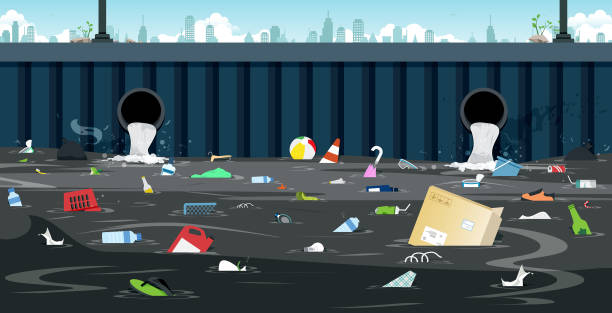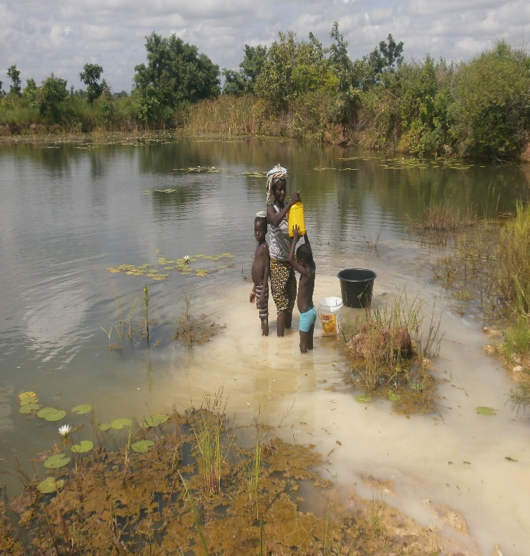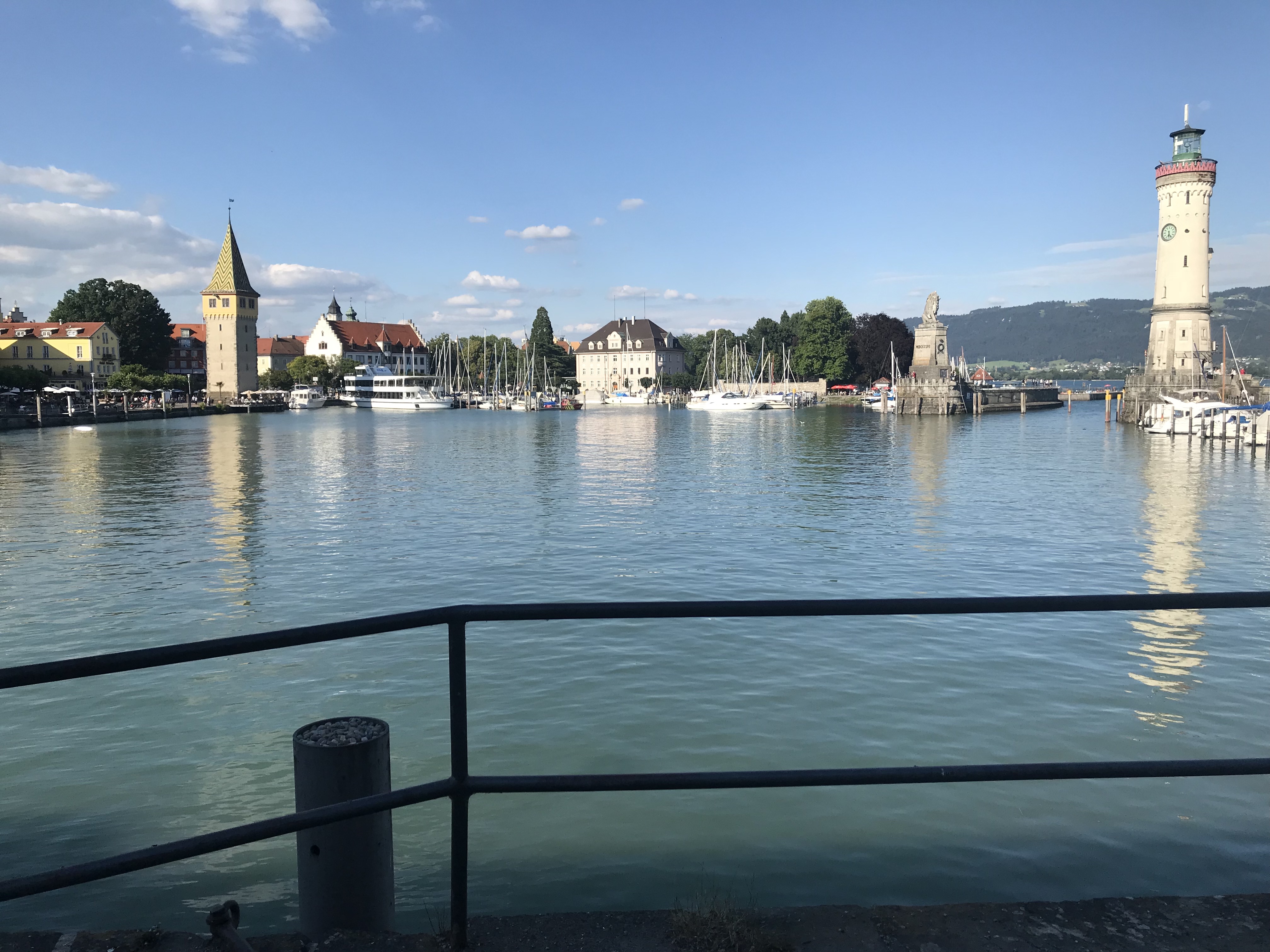Air. Water. Food.
These are the basics of human survival, the very very basic necessities for survival. Water is especially used in a lot of catch phrases and clichés. ‘Water is life’ is one of the more popular ones. But do we really treat water as importantly as we seem to talk about it? Do we really show that we believe water to be life? In truth, the world is facing a huge crisis with pollution, and when it comes to how we are treating water, it becomes very difficult to see how we believe it is life.
Unsafe water is responsible for more deaths globally than wars and all other forms of violence combined. And we do not have a lot of drinkable water, actually. Yes, the earth is made up more than 70% of water, but less than 1% of that is freshwater that we have access to, and our water sources aren’t everlasting. Rivers dry up, streams disappear. If something is not done about this soon, we could be facing an even more serious crisis in the next few decades.

What is water pollution?
Water pollution refers to the contamination of water bodies such as streams, rivers, oceans etc when harmful substances are introduced into them, degrading the quality of water and making it toxic for human and animal consumption and survival.
What are the causes of water pollution?
There are two types:
Organic pollution, which is due to microorganisms such as bacteria and viruses present in water, generated by animal and vegetable waste. This type of pollution is to a much lesser degree than the other type.
Chemical pollution, which is generated by human activity and is the more widespread cause. Let’s delve some more into the major man-made causes:
- Industrial waste: Industries produce huge amounts of waste and simply dump this waste into the sea. This waste contains toxic chemicals and pollutants such as lead, mercury, sulphur, nitrates and many other harmful chemicals that can change the colour of water, change the temperature of water and be harmful to organisms.
- Sewage: The sewage and waste water that comes out of households and other establishments is often treated and released into the sea with fresh water. This water carries harmful bacteria and chemicals that are detrimental to health, while also providing the breeding ground for pathogen like plasmodium, the malaria-causing parasite.
- Mining: Mining is a huge industry all over the world, but the processes involved in crushing rock and extracting coal and other minerals from underground lead to contamination of water bodies.
- Dumping rubbish: The garbage produced by households is also just collected and dumped into the sea in many places all over the world. These items would typically include paper, aluminum, rubber, glass and plastic, which take anything from 2 weeks to 200 years to decompose. This is not only harmful to humans but to the organisms that call the sea their home.
- Accidental Oil Spillage: Oil spills are also more common than they should be. Huge ships carrying large quantities of oil report oil spills which basically kill sea creatures and render the water unusable.
- Burning of fossil fuels: More of a case for green energy. Fossil fuels such as coal and oil produce an alarming amount of ash in the atmosphere when burnt. The ash particles contain toxic chemicals, which once in the atmosphere, mix with water vapour and come back to the earth as rain. This type of rain is called acid rain, and this rain goes into our streams, our rivers and oceans, polluting them.
- Chemical fertilizers and pesticides: Chemical fertilizers and pesticides are used by farmers to protect crops from insects and bacteria. Unfortunately these chemicals get mixed up with rain water when it rains and this finds its way to water bodies, making them unsafe.

How do we deal with water pollution?
- Proper Sewage Treatment: The cleaning process for sewage has to become much more advanced. Some countries have sewage treatment plants with extra systems for eliminating pathogens. Regular maintenance of sewage processing infrastructure is also very very important. Also, the treatment and cleaning of storm water runoff needs to be incorporated in sewage management, as this contains various contaminants.
- Green Agricultural Practices: Green agricultural practices such as crop rotation, mulching and planting perennial crops can minimize the effects.
- Industrial Waste Water Treatment: It is also crucial that manufacturing industries have a well-designed treatment facility that can prevent water pollution by cooling, treating and removing all the toxic components of the waste that is sent into water bodies.
- Anti-pollution Laws: Legislation to deal with anti-pollution is another necessary measure, as this puts restrictions in place that deal with problems such as sewage, industrial waste treatment and garbage management. These laws, if enforced at marketplaces, industries, hospitals, schools and other institutions where large amounts of waste is produced, will go a long way to reducing pollution.
- Individual Efforts and Educative Campaigns: As citizens of this country and the world at large, there are also things we can do in our own way to combat water pollution. This includes using bins and not littering along beaches and other water bodies, using water wisely at home to reduce the amount of waste water requiring treatment, and planting trees and vegetation within our localities to reduce storm water currents, so that when it rains, sediments and chemicals do not easily drain into water bodies.
Will you do your bit to save our water?

